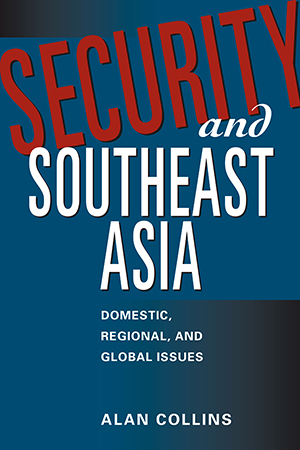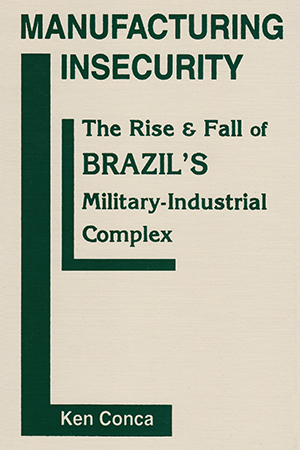BOOKS
Is bullying an innocent part of growing up ... or a serious problem requiring large-scale policy remedies? What is behind our rapidly changing perceptions of "acceptable" More >
In the past, posits Christopher Coker, wars were all-encompassing; they were a test not only of individual bravery, but of an entire community's will to survive. In the West today, in More >
Why do new democracies succeed in some cases and struggle, backslide, or revert entirely to autocracy in others? What are the specific policies and practices at play? To answer these More >
What impact have African actors had on perceptions of and responses to current international security challenges? Are there international peace and security norms with African roots? How can More >
From internal oppression in Burma to interstate conflict in the South China Sea, the people of Southeast Asia face a range of threats. This book identifies and explains the security More >
How do individual and collective memories of the repressive Pinochet regime affect the fabric of Chilean politics and society today? How have the politics of memory in Chile—including More >
Roddrick Colvin assesses the impact of lesbian and gay police officers on law enforcement in the US and the UK, as well as the policies that enable a diverse work environment. Colvin More >
Manufacturing Insecurity provides a sobering analysis of an extraordinary boom and bust story: Nurtured by military rule and expanding international markets, Brazil's defense sector More >
Veronica Mercier, a sophisticated Caribbean woman teaching and living in Paris, journeys to West Africa in pursuit of her "identity." There, she becomes involved with a prominent More >
A Selection of the Military Book Club Truppenführung, the twentieth-century equivalent of Sun Tzu's Art of War, served as the basic manual for the German army from 1934 to the More >











![Heremakhonon [a novel]](/uploads/66fb0cf62ccad.jpg)





